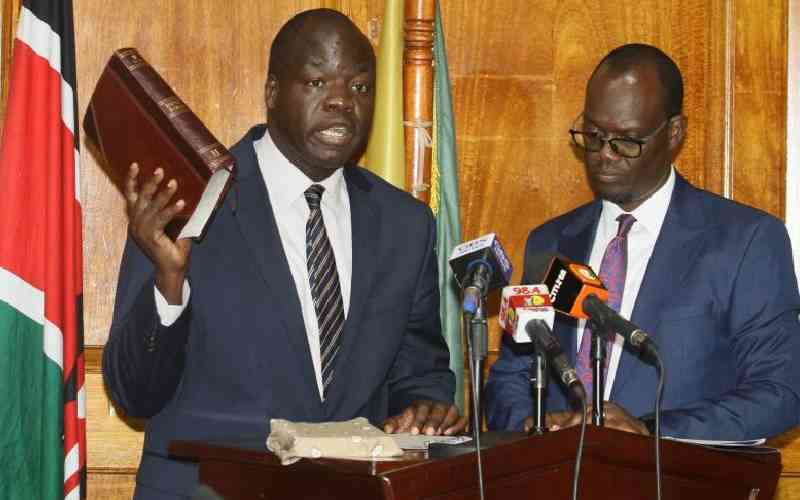×
The Standard e-Paper
Stay Informed, Even Offline

The Selection Panel on the appointment of members of the Independent Electoral and Boundaries Commission (IEBC) should be allowed to carry out its mandate without any form of interference or influence.
It should endeavour to raise the bar and select appointees based on merits and in accordance with the law. This may be a tall order but it is doable. It is a great responsibility and they should inspire confidence.